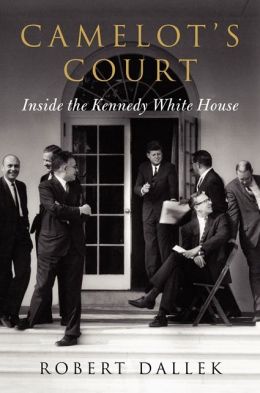
- Handling the Truth: On the Writing of Memoir by Beth Kephart
- The Painted Girls by Cathy Marie Buchanan
- Imperfect Spiral by Debbie Levy
- Looking for Me by Beth Hoffman
- The Time Between by Karen White
- Survival Skills: Stories by Jean Ryan
- Unexplained Fevers by Jeannine Hall Gailey
- Lotería by Mario Alberto Zambrano
- Solving the World’s Problems by Robert Lee Brewer
- The Scabbard of Her Throat by Bernadette Geyer
- The Neruda Case by Roberto Ampuero, translated by Carolina De Robertis
- Six Sisters’ Stuff: Family Recipes, Fun Crafts, and So Much More
- The Gods of Heavenly Punishment by Jennifer Cody Epstein
- Dr. Radway’s Sarsaparilla Resolvent by Beth Kephart
- Joyland by Stephen King
- Seduction by M.J. Rose
- Black Aperture by Matt Rasmussen









